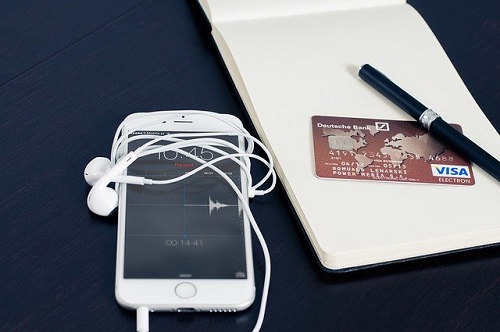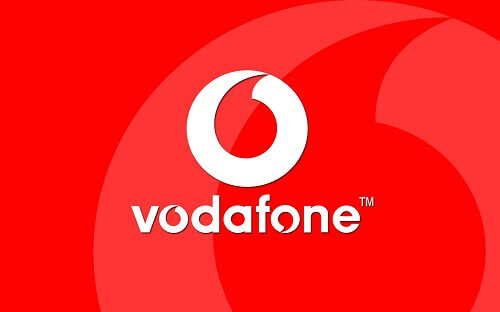This Is Why You Really Need A Bank Account And Not Just A MoMo account
The Mobile Money (MoMo) service has undeniably become an integral aspect of financial transactions, providing a convenient means for individuals to send and receive money regardless of geographical locations.
Over the past decade, it has played a significant role in shaping the financial landscape of the country’s economy.
While the popularity of MoMo has led some individuals to view it as a sufficient replacement for traditional banking services, it is crucial to recognize that MoMo, despite its numerous advantages such as bill payments, swift money transfers, and airtime acquisition, is not designed to substitute traditional banking.
It is imperative to understand that the inception of the mobile money service aimed at facilitating transactions within the banking sector rather than supplanting it.
MoMo should be perceived as a complementary feature within the banking industry, implemented to streamline and simplify financial transactions.
Now, let’s delve into the reasons why the Mobile Money service was not introduced to replace the traditional banking system but rather to augment its capabilities and accessibility.
With The Transfer Of The Huge Amount Of Money
One notable limitation of the Mobile Money service is the daily transaction cap, restricting users to send a maximum of GHS 5,000 in a single day.
Beyond this limit, individuals are required to split larger amounts, incurring additional charges for each segment of the sum transferred.
For transactions of substantial sums, especially those integral to business purposes that necessitate the transfer of larger amounts without segmentation, the Mobile Money service may prove impractical.
In such instances, traditional banking services emerge as the more viable option.
Banks offer the flexibility to transfer nearly any amount of money, providing a seamless solution for transactions involving significant sums.
The absence of stringent daily limits in the banking sector makes it the preferred choice for handling substantial financial transactions, ensuring efficiency and convenience, particularly in the realm of business dealings.
You Can’t Request For Huge Amount Of Loans
While many telecom companies now provide loan services on their mobile money platforms, these offerings typically cater to small amounts with a repayment period of one month.
In scenarios where a substantial loan is required, such as clearing goods detained at the port due to financial obligations to port authorities, the loans available through mobile money services may not suffice.
For significant financial needs like clearing goods at the port, where a substantial loan is imperative, turning to a bank becomes a more suitable and practical option.
Banks are equipped to provide larger loans with more extended repayment terms, accommodating the specific financial requirements associated with substantial transactions and business operations.
Mobile Money Limits
The Mobile Money accounts, depending on the account type, are subject to limits on the amount of money that can be stored.
While some accounts have a limit of GHS 10,000, others may allow for GHS 20,000.
While these limits may appear substantial for individuals with modest incomes, they can become a constraint for those experiencing significant financial growth.
For instance, if an investment in Kobocoin triples, resulting in a substantial increase in funds, the Mobile Money account proves insufficient due to these restrictions.
In such scenarios, where financial gains surpass the limits imposed by mobile money accounts, opting for a bank account becomes imperative.
Banks offer the advantage of unrestricted deposit limits, accommodating substantial sums of money, making them a more viable and secure option for managing substantial financial portfolios and investments. You can check out this guide to know how to increase your mobile money limit.
International Transfers
While mobile Money services often facilitate international money transfers, there are limitations on the amounts that can be sent.
These restrictions contrast with the flexibility offered by banks, where individuals can send any desired amount internationally.
The unrestricted nature of bank transactions makes them more suitable for substantial international transfers, particularly for significant financial transactions or business-related activities.
In scenarios where the scale of the transaction surpasses the limits imposed by Mobile Money services, opting for a bank provides the necessary flexibility and convenience to meet the specific needs of the transaction.
Safety
A significant drawback of the Mobile Money service is the vulnerability to losing all funds in the event of forgetting the PIN or losing the phone associated with the account.
In such unfortunate circumstances, the funds essentially become the property of the telecom provider.
In contrast, banks offer a more resilient security structure. If a client forgets their PIN or encounters a similar issue, banks typically employ identity verification methods, such as using the account holder’s name during the account opening process.
This allows for account access without the risk of losing funds entirely.
The added layer of security and recovery options provided by banks ensures more robust safeguarding of financial assets, mitigating the risk of permanent loss due to PIN forgetfulness or phone loss.
Conclusion
As you can see, these are some concrete reasons I have given you. And no, the banks are not paying me anything to convince you.
Just read more articles so I can keep educating you. That’s how I make my money.







